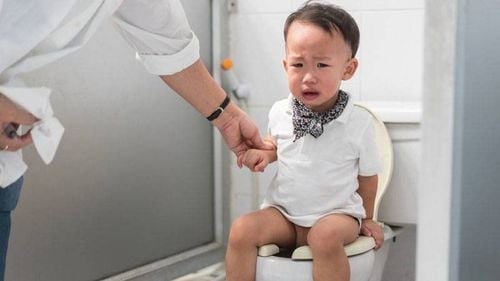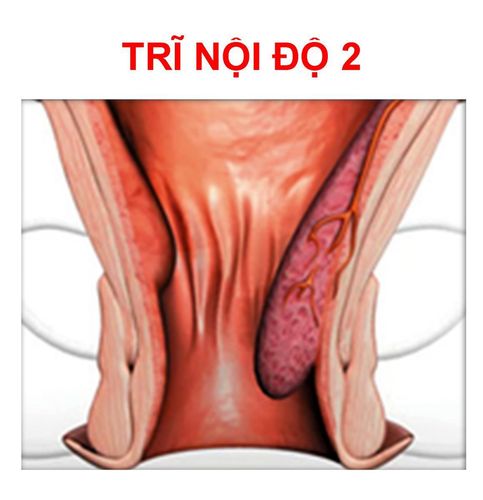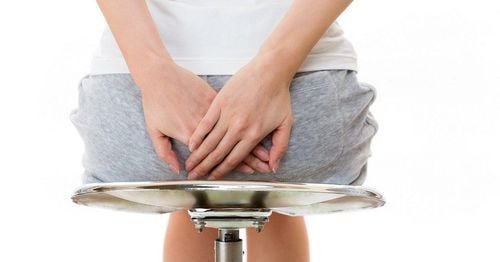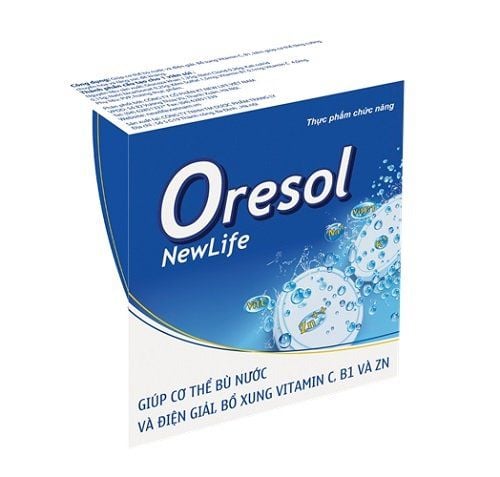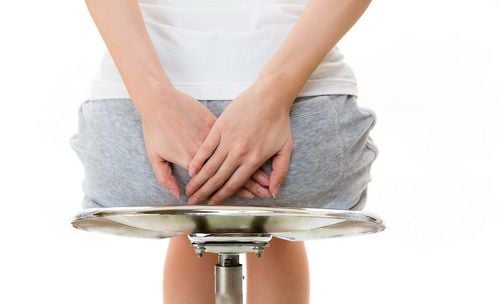Hemorrhoids can cause discomfort and inconvenience, impacting both health and daily life. This is a common issue affecting millions of people worldwide. Although many feel embarrassed, early treatment is essential. In this article, we will explore the use of anal sphincter relaxants and venotonic medications in managing hemorrhoids.
1. What are hemorrhoids?
Hemorrhoids occur when veins in the rectum or anus become swollen and inflamed. While not typically life-threatening, they can cause pain, discomfort, and significantly affect quality of life. Statistics show that in the United States, approximately 1 in 20 people develop hemorrhoids, with the prevalence increasing to 50% in individuals aged 50 and older.
Common symptoms include rectal bleeding, anal pain and itching. Internal hemorrhoids occur inside the rectum, while external hemorrhoids develop near the anal opening. When an internal hemorrhoid protrudes through the anus, it’s referred to as prolapsed or protruding hemorrhoids. External hemorrhoids can form blood clots, leading to painful swelling.
Common symptoms include:
- Rectal bleeding, the most frequent sign.
- Painful bowel movements.
- Anal itching.
- Swollen rectal tissues.
- Stool leakage.
- Internal hemorrhoids can lead to bleeding caused by straining and constipation, with blood sometimes being pushed through the anal opening.
- Bleeding from hemorrhoids typically leaves bright red stains on toilet paper, in the stool, or in the toilet bowl.
2. Causes of Hemorrhoids
Several factors can contribute to the swelling in the anus that leads to hemorrhoids:
- Increased pressure on anal veins during pregnancy or from being overweight.
- Pressure from pelvic tumors.
- Prolonged sitting or standing, often due to work habits such as long hours at a computer…
- Straining during bowel movements, including habits like reading while on the toilet.
- Chronic constipation.
- Sedentary lifestyles.
- Low-fiber diets.
- Frequent coughing, sneezing, or vomiting.
- Holding breath or excessive straining during physical labor.

3. What Are Anal Sphincter Relaxants?
Several treatments are available for hemorrhoids, including ointments, sprays, creams, suppositories, and medications. These treatments may contain local anesthetics for pain relief, corticosteroids for itch reduction, vasoconstrictors to reduce swelling, or anal sphincter relaxants.
Anal sphincter relaxants specifically target the anal sphincter muscle. By relaxing this muscle, they reduce spasms and alleviate pressure on hemorrhoidal tissues, providing quick pain relief. Within approximately 15 minutes of application, patients often experience noticeable relief.
Trimebutine (Proctolog) is a commonly used anal sphincter relaxant. It has muscarinic antagonistic properties and a mild opioid-like effect, offering pain relief and targeted relaxation of the anal sphincter. Trimebutine reduces bowel motility and effectively alleviates anal sphincter tension, making it ideal for hemorrhoid treatment.
Anal sphincter relaxants are available as ointments or suppositories. Suppositories are inserted into the anus, while ointments can be applied externally or internally using an applicator. These medications should be used once in the evening or during acute anal pain episodes, but no more than twice daily.
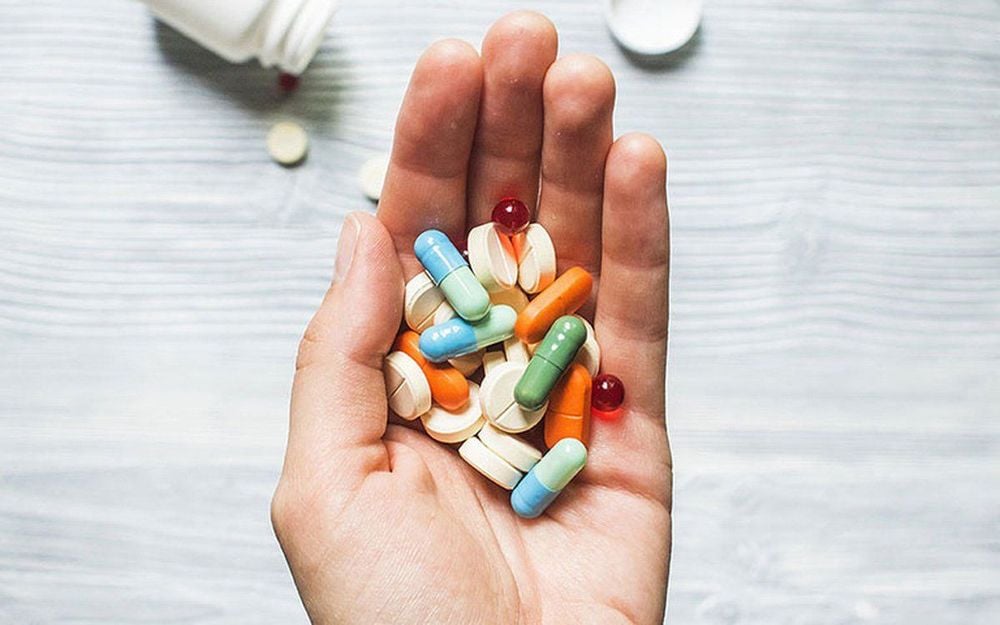
4. Additional Tips for Effective Hemorrhoid Management
Besides using anal sphincter relaxants, the following measures can support effective treatment for hemorrhoid:
- Prevent constipation and avoid straining during bowel movements.
- Take regular breaks from prolonged sitting; walk every 1-2 hours.
- Maintain a fiber-rich diet, including fresh fruits, vegetables, nuts, and whole grains.
- Stay hydrated by drinking 6-8 glasses of water daily and exercise regularly, such as brisk walking for at least 20 minutes daily or other types of aerobics.
- Avoid delaying bowel movements when you feel the urge.
- Consider stool softeners or mild laxatives to address constipation and prevent hemorrhoid progression.
- See a doctor if you experience persistent or long-term constipation.
- Warm sitz baths: Soak in a warm water bath to soothe the anal area and improve blood flow, in which you sit in about 3 inches of warm water for 15 minutes or longer, several times a day. This helps reduce swelling in the hemorrhoidal area and relaxes a tightened anal sphincter. This method is particularly effective after a bowel movement.
- Applying hydrocortisone cream or ointments externally (not internally) to ease itching and irritation.
- Using wet wipes or baby wipes for gentle cleansing after bowel movements.
- Applying ice packs to reduce swelling and numb the area.
- Wearing loose, breathable cotton clothing to minimize discomfort.
Stay updated with more useful health tips by visiting Vinmec.com.
Further Reading: Guidelines for Doppler-Guided Hemorrhoidal Artery Ligation Procedure.
Sources: nld.com.vn, benhvienninhbinh.vn, suckhoedoisong.vn, medlatec.vn, webmd.com, drugs.com, healthline.com.




